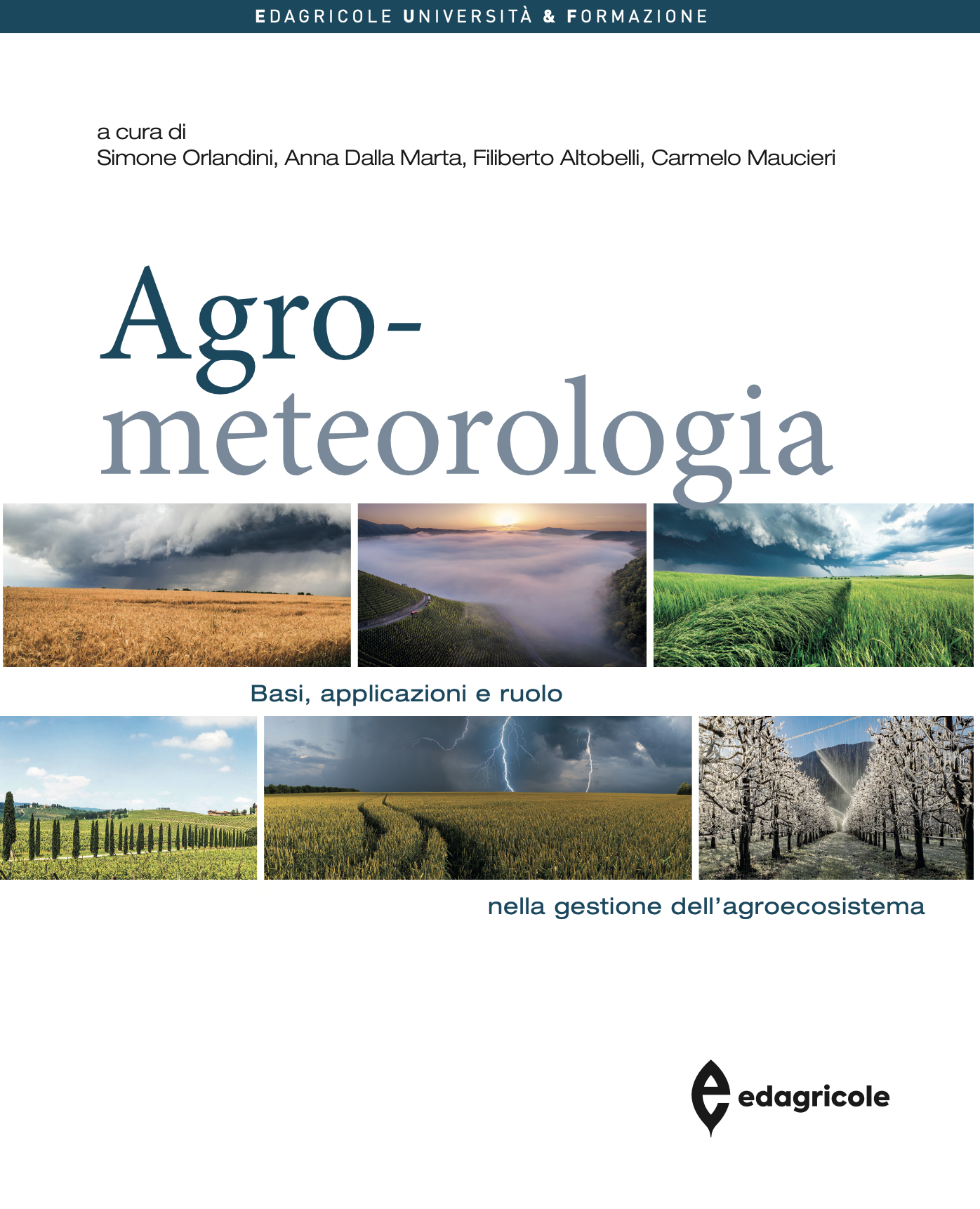International Advanced School in Agricultural Meteorology: deadline for application approaching!!
We are excited to announce the Fifth Edition of the International Advanced School in Agricultural Meteorology, dedicated this year to Micrometeorology, that will be held 09-13 June 2025 in Ancona (Italy)
You can apply here
DEADLINE FOR APPLICATIONS: 16 May, 2025.
Join us for this exciting opportunity to enhance your expertise in agricultural meteorology and contribute to the sustainable management of agricultural systems!
Read more about International Advanced School in Agricultural Meteorology: deadline for application approaching!!

